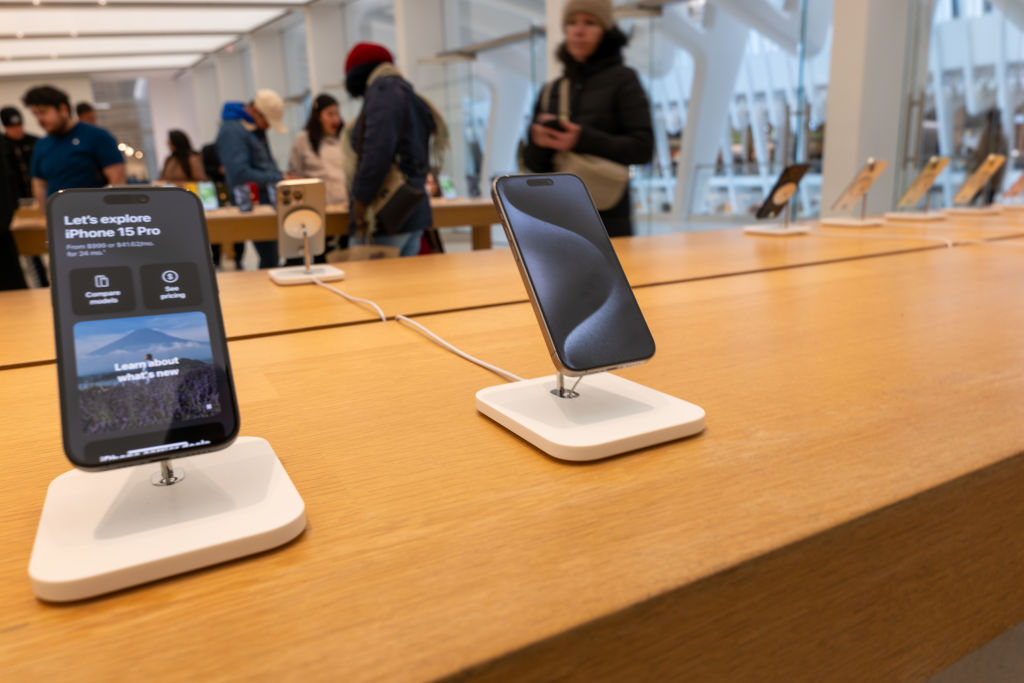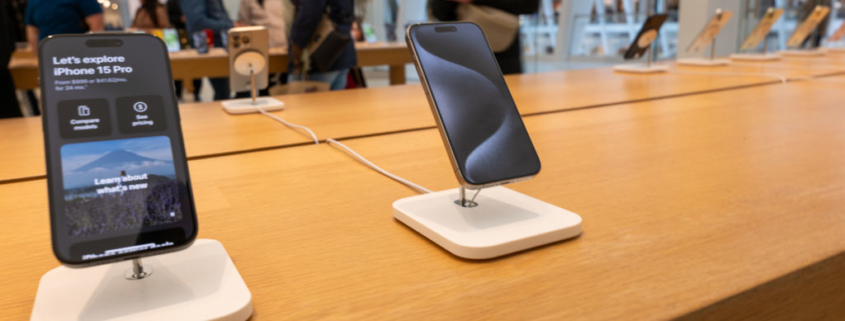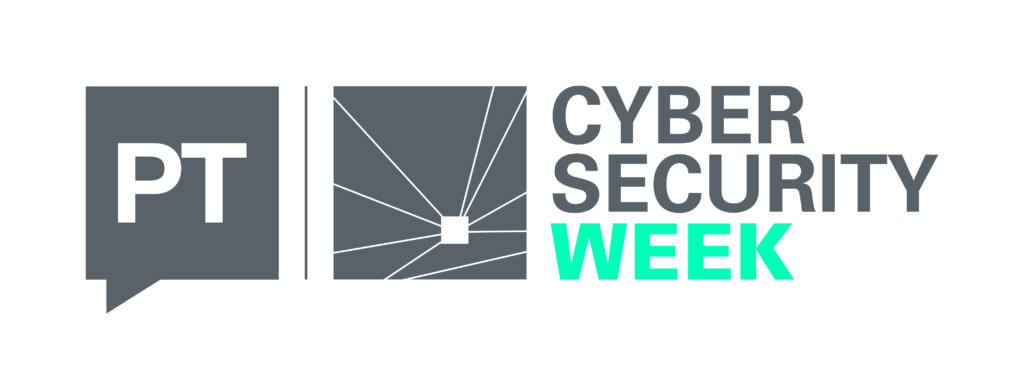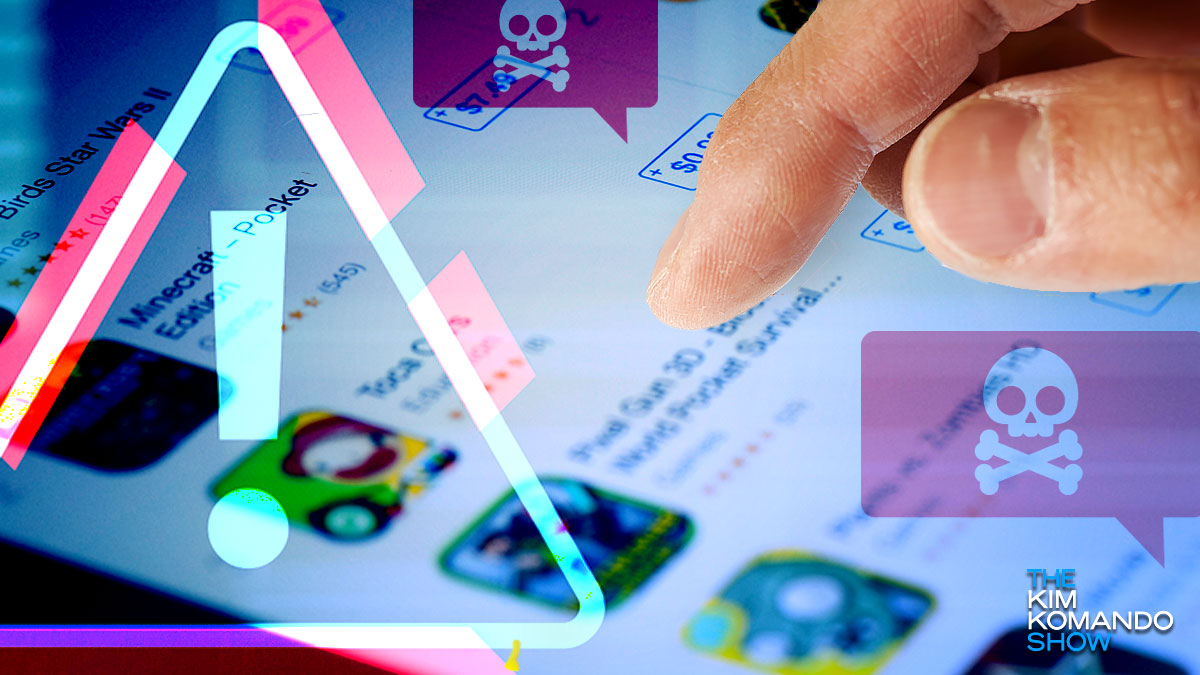How Apple is Protecting iMessages Against Tomorrow’s Hackers

A forthcoming iMessage update will protect your conversations from being cracked by ultra-powerful quantum computers. But those computers don’t even exist yet.
In the next version of iOS 17, iMessage will receive its most significant security update ever. Named PQ3, this “post-quantum cryptographic protocol” is a set of security features designed to protect against attacks from the quantum computers of the future, which will make it trivial to crack existing encryption methods. This sounds like utter sci-fi, so why is Apple doing this now? What’s the point of protecting iMessage users from threats that have yet to exist and may not exist for a long time? That’s where things get interesting.
“Quantum computing has generated a lot of excitement, not just because it sounds futuristic. It’s like having a super-powered computer that can crack digital locks we once thought were unbreakable,” says information security analyst and researcher Nathan Jacobs. “Imagine a lock that would take a regular computer a millennium to open; a quantum computer could potentially do it during a coffee break. That’s why the chatter about iMessage beefing up its security isn’t just tech hype-it’s addressing a genuine concern.”
Harvest Now, Decrypt Later
Imagine that you are a jewel thief and somehow managed to end up in the safety deposit vault of some fancy bank. You have access to all those boxes, but they’re locked with impossible-to-pick locks, and the boxes are currently indestructible. Do you walk away? Or do you grab all those safety deposit boxes and store them until they can be opened?
That’s the idea behind Harvest Now, Decrypt Later, a scenario where bad actors collect and store data today until quantum computers can easily extract it. This is a perfectly credible, affordable option, thanks to cheap storage.
“Is quantum a looming threat? Not quite yet. But it’s like building a storm…




